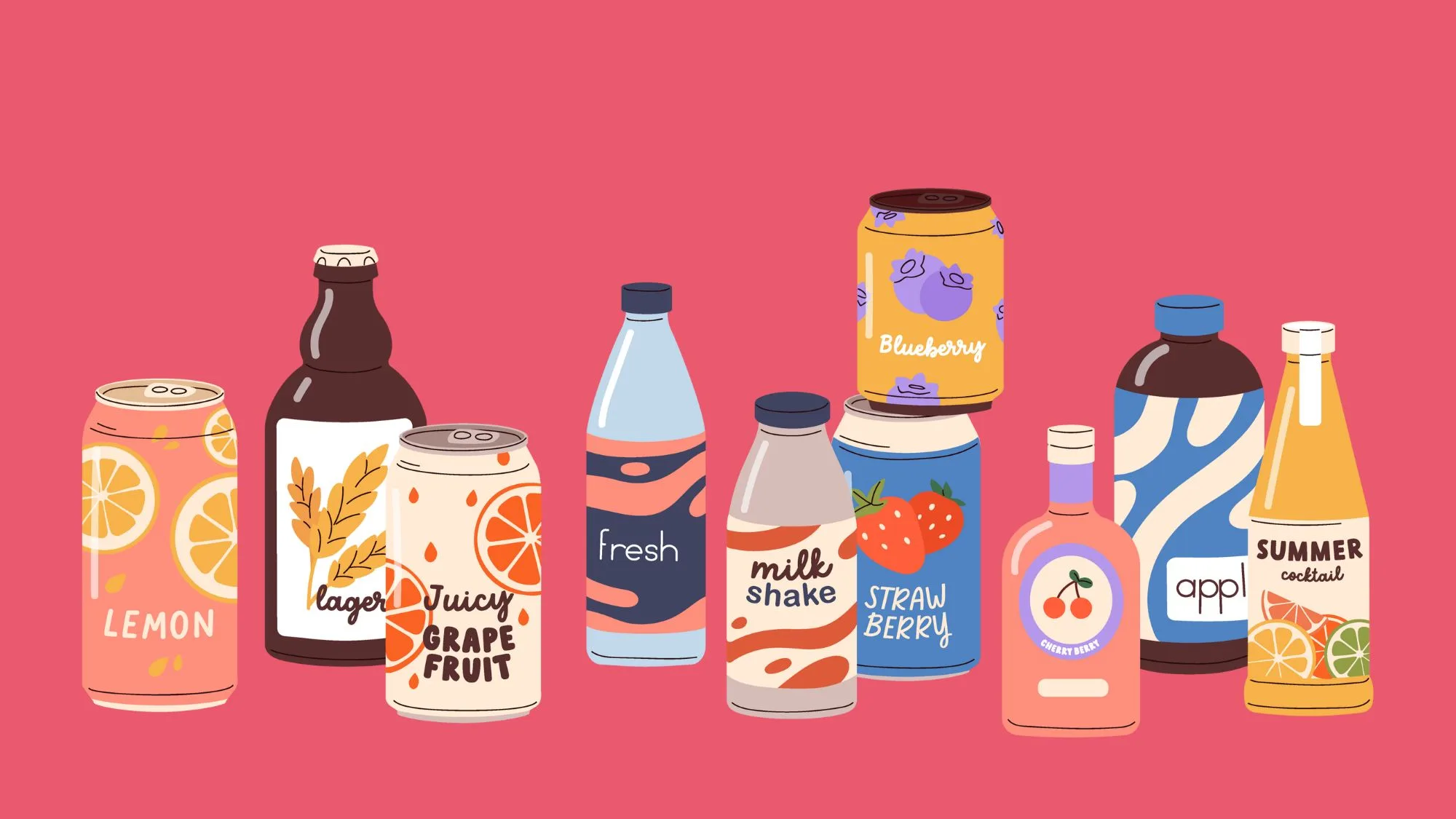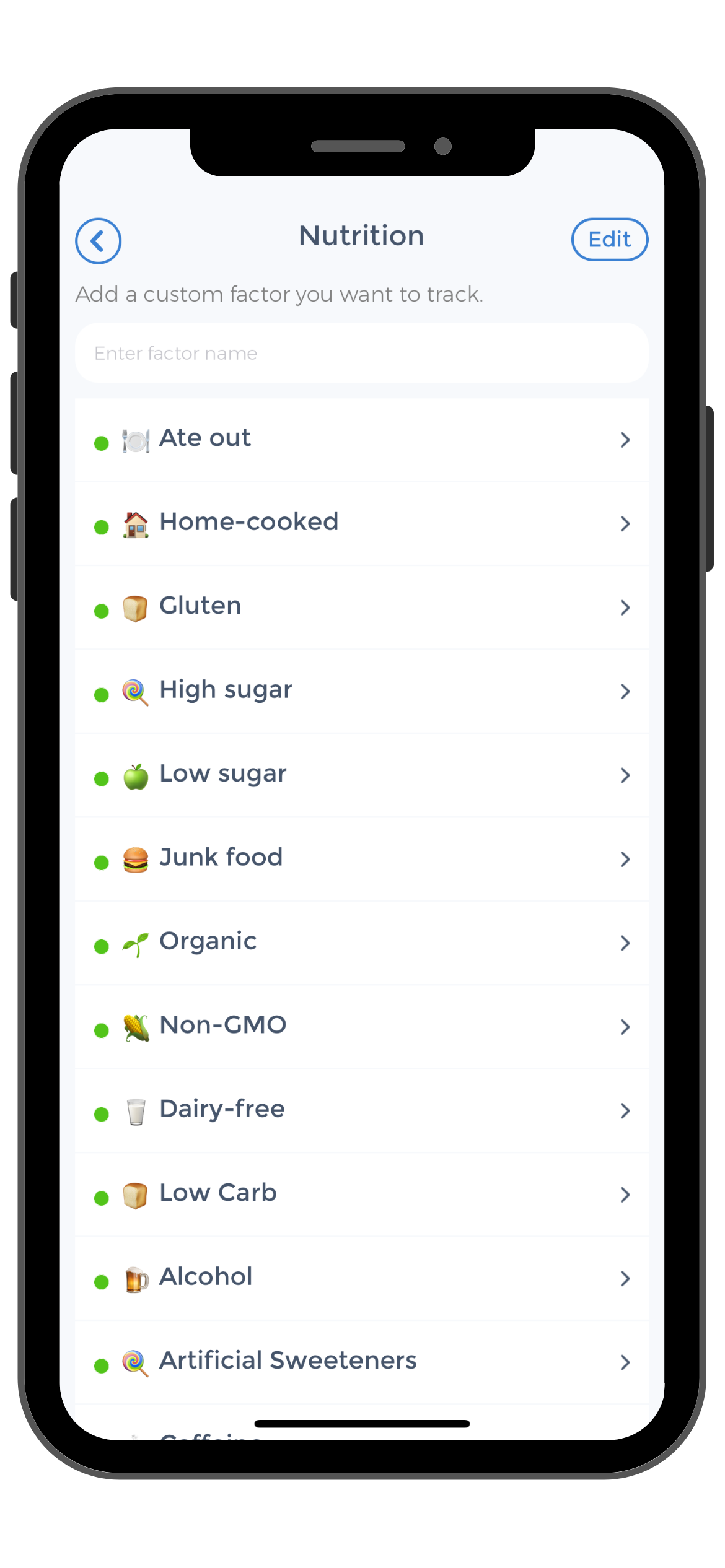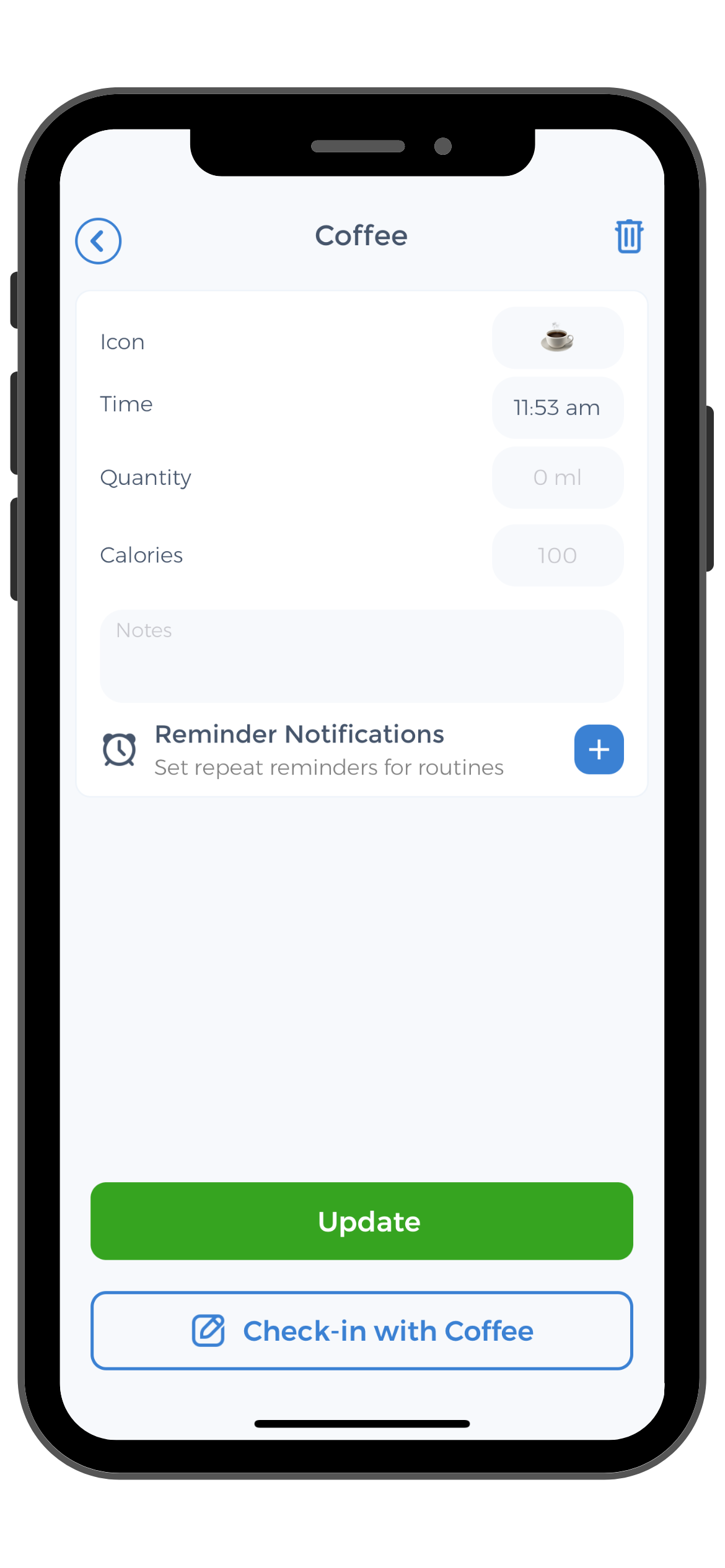
If you suffer from irritable bowel syndrome (IBS), you know that managing your symptoms can be a daily challenge. Diet plays a crucial role in IBS management, and that includes what you drink, like IBS soda.
While soft drinks and energy drinks may not be the first thing that comes to mind when considering IBS-friendly beverages, there are options available that can help soothe your digestive tract. In this article, we will explore the best soda options for managing IBS symptoms and provide tips for incorporating them into your diet.
Understanding IBS: Causes and Symptoms
Before diving into the specifics of soda options for IBS management, let’s take a moment to understand what IBS is and the impact it has on your digestive system. IBS, short for Irritable Bowel Syndrome, is a common gastrointestinal disorder that affects the large intestine, causing symptoms such as abdominal pain, bloating, and changes in bowel habits. It is a chronic condition that can significantly impact a person’s quality of life, leading to discomfort and inconvenience.
People with IBS often experience a range of symptoms that can vary in severity and frequency. These symptoms may include cramping, gas, constipation, diarrhea, or a combination of these. The exact cause of IBS is unknown, but factors such as diet, stress, and abnormalities in the gut microbiome are believed to play a role in its development.
The Role of Diet in Managing IBS
Diet plays a significant role in managing IBS symptoms. Certain foods and beverages can trigger symptoms, while others can help alleviate them. It’s important to identify your personal triggers and make dietary changes accordingly. Carbonated beverages, such as soda, can be a trigger for many people with IBS due to the gas they produce in the digestive system.
Understanding how different foods and drinks affect your digestive system can empower you to make informed choices that support your overall health and well-being. By working with a healthcare provider or a registered dietitian, you can create a personalized diet plan that takes into account your specific triggers and preferences.
How Soft Drinks Can Affect IBS Symptoms
Traditional sodas often contain high amounts of sugar, artificial sweeteners, caffeine, and carbonation, all of which can worsen IBS symptoms. The sugar and artificial sweeteners can cause gas, bloating, and diarrhea, while the caffeine intake and carbonation can overstimulate the digestive system, leading to discomfort. Opting for low-sugar or sugar-free alternatives and reducing carbonated beverage intake may help alleviate some IBS symptoms for individuals sensitive to these ingredients.
The Impact of Carbonation and Artificial Sweeteners on Digestion
Carbonation is a process in which carbon dioxide gas is added to beverages. This produces the fizzy bubbles commonly found in soda. While carbonation can be refreshing, it can also have an impact on digestion.
Understanding the intricate relationship between carbonation and digestion involves delving into the science behind how our bodies process these bubbly beverages. When you consume carbonated drinks, the carbon dioxide gas they contain can lead to the accumulation of excess gas in your digestive system. This buildup of gas can result in uncomfortable bloating and distention, making you feel full and gassy.
The Science Behind Carbonation and Digestion
Drinking carbonated beverages can cause excess gas to build up in your digestive system, leading to bloating and discomfort. The carbon dioxide gas in soda can also increase the production of stomach acid, potentially exacerbating symptoms such as heartburn.
Moreover, the carbonation process can trigger a response in the gastrointestinal tract, stimulating the release of digestive enzymes and potentially affecting the rate at which food moves through your system. This can have implications for individuals with sensitive digestive systems or conditions like acid reflux.
Carbonation and IBS: What’s the Connection?
For individuals with IBS, the excess gas produced by carbonated beverages can be particularly problematic, as it can contribute to bloating, abdominal pain, and changes in bowel movements. It’s important to be mindful of the carbonation content in the beverages you consume if you have IBS.
Furthermore, the carbonation in sodas and sparkling drinks can act as a gastric irritant, potentially worsening symptoms of irritable bowel syndrome (IBS). The bubbles in carbonated beverages can expand in the stomach and intestines, leading to increased pressure and discomfort for individuals already dealing with the challenges of IBS flare-ups.
Healthier Soda Alternatives for IBS Management
While traditional sodas may not be the best choice for individuals with IBS, there are alternatives available that can provide a refreshing and soothing option for managing symptoms.
For those looking to explore a wider range of options beyond regular soda, the world of alternative beverages offers a plethora of choices that cater to specific dietary needs and health concerns. By delving into this realm, individuals with IBS can discover new and exciting flavors that not only tantalize the taste buds but also support their digestive health.
The Benefits of Natural Sweeteners
 When looking for healthier soda options, consider those sweetened with natural alternatives such as stevia or monk fruit extract. These sweeteners provide sweetness without the potential digestive distress caused by artificial sweeteners found in traditional sodas.
When looking for healthier soda options, consider those sweetened with natural alternatives such as stevia or monk fruit extract. These sweeteners provide sweetness without the potential digestive distress caused by artificial sweeteners found in traditional sodas.
Stevia, a plant native to South America, has been used for centuries as a natural sweetener. Its zero-calorie content and low impact on blood sugar levels make it a popular choice for those seeking a healthier alternative to sugar. Monk fruit extract, derived from a small green melon native to Southeast Asia, is another excellent option. Known for its intense sweetness without the bitter aftertaste often associated with artificial sweeteners, monk fruit extract is a great addition to beverages for individuals looking to manage their IBS symptoms.
The Importance of Low-FODMAP Drinks
The low-FODMAP diet has been shown to be effective in reducing IBS symptoms for many individuals. FODMAPs are a group of fermentable carbohydrates that can trigger symptoms in those with IBS. Opting for low-FODMAP sodas can help minimize digestive discomfort while still enjoying a carbonated beverage.
Exploring the realm of low-FODMAP drinks opens up a world of possibilities for individuals with IBS. By choosing beverages that are gentle on the digestive system, individuals can still indulge in the pleasure of a fizzy drink without worrying about triggering uncomfortable symptoms. With options ranging from ginger-infused sodas to herbal sparkling waters, the low-FODMAP market offers a diverse array of choices to suit every palate.
Top Recommended Sodas for IBS Sufferers
With the awareness of the impact of certain ingredients and carbonation on IBS symptoms, let’s explore the top recommended sodas for individuals with IBS.
For individuals with IBS, finding the right soda options can make a significant difference in managing their symptoms and overall well-being. While carbonated drinks are often known to trigger digestive issues, there are specific sodas that are considered more IBS-friendly due to their low-FODMAP content and gentle ingredients.
Best Low-FODMAP Sodas
Finding low-FODMAP sodas can be a bit tricky since many sodas contain high-FODMAP ingredients such as high-fructose corn syrup or certain artificial sweeteners. However, here are some low-FODMAP soda options you can consider:
- Club Soda or Sparkling Water: These are usually safe options as they typically contain just carbonated water and no added sweeteners.
- Ginger Ale: Some brands of ginger ale use real ginger root and natural sweeteners like cane sugar, which can be low-FODMAP. Just make sure to check the ingredient list for high-FODMAP sweeteners.
- Lemon-Lime Soda: Look for brands that use real lemon and lime juice and natural sweeteners like cane sugar instead of high-FODMAP sweeteners.
- Root Beer: Some root beer brands use natural sweeteners like cane sugar instead of high-FODMAP sweeteners. Again, it’s important to check the ingredient list.
- Seltzer Water with Natural Flavors: Some brands offer seltzer water with natural fruit flavors and no added sweeteners, which can be low-FODMAP. Just make sure to check the ingredient list to ensure no high-FODMAP ingredients are included.
Always check the ingredients list and nutritional information to ensure the soda you choose is low-FODMAP and suitable for your dietary needs.
Tips for Incorporating Sodas into an IBS-Friendly Diet
While the right soda choices can be a refreshing addition to your IBS-friendly diet, it’s important to keep a few things in mind for optimal symptom management.
For individuals with Irritable Bowel Syndrome (IBS), finding the balance between enjoying sodas and managing aggravate IBS symptoms can be a delicate task. Sodas, with their carbonation and sometimes artificial ingredients, can trigger discomfort in some individuals with IBS. However, with mindful consumption and pairing with suitable foods, sodas can still have a place in your diet.
Moderation is Key: Balancing Sodas with Other Drinks
While it’s tempting to reach for your favorite soda all the time, moderation is key when it comes to managing IBS symptoms. It’s important to balance your soda consumption with other hydrating beverages such as water and herbal teas, which can help keep your digestive system running smoothly.
Hydration is crucial for overall gut health, and water should always be the primary choice for staying hydrated. Herbal teas, such as peppermint or ginger tea, can not only provide hydration but also offer soothing properties that may benefit individuals with IBS.
Pairing Sodas with IBS-Friendly Foods
When enjoying a soda, consider pairing it with IBS-friendly foods that are gentle on your digestive system. Opt for lean proteins, low-FODMAP fruits and vegetables, and whole grains to create a balanced meal that won’t exacerbate your symptoms.
Choosing the right foods to accompany your soda can make a significant difference in how your body reacts. For example, pairing a soda with a grilled chicken salad with leafy greens and a sprinkle of seeds can provide a satisfying and nutritious meal that is less likely to trigger IBS symptoms.
Remember, individual experiences with IBS can vary, and what works for one person may not work for another. It’s essential to listen to your body and make choices that align with your unique needs. With the right soda options and a thoughtful approach to your diet, you can manage your IBS symptoms and live a more comfortable life.
Exploring Milk Options for Managing IBS Symptoms
Dairy products, including milk, are common triggers for individuals with Irritable Bowel Syndrome (IBS) due to lactose intolerance or sensitivity to certain components in milk. Understanding how milk can affect IBS symptoms and exploring alternative options can be beneficial for managing digestive discomfort.
Dairy and IBS: Understanding the Connection
Lactose intolerance is the inability to digest lactose, a sugar found in milk and dairy products, due to a deficiency in the enzyme lactase. When lactose-intolerant individuals consume milk or dairy, they may experience symptoms such as bloating, gas, diarrhea, and abdominal discomfort.
In addition to lactose intolerance, some individuals with IBS may also be sensitive to other components in milk, such as casein or whey proteins. These proteins can trigger inflammatory responses in the gut, exacerbating symptoms in susceptible individuals.
Some people with IBS find that acid blockers help reduce stomach irritation too. Your doctor might suggest trying omeprazole for IBS if you’re dealing with both acid issues and digestive symptoms. This medication can help calm your stomach lining while you work on other IBS management strategies.
Low-Lactose and Non-Dairy Milk Alternatives
For individuals with lactose intolerance or dairy sensitivity, there are several milk alternatives available that can provide similar nutritional benefits without exacerbating IBS symptoms. These alternatives include:
- Lactose-Free Milk: Lactose-free milk is cow’s milk that has been treated with the enzyme lactase to break down lactose into simpler sugars, making it easier to digest for individuals with lactose intolerance.
- Almond Milk: Made from ground almonds and water, almond milk is naturally lactose-free and low in FODMAPs, making it suitable for individuals with IBS. It is rich in calcium and vitamin E, making it a nutritious alternative to dairy milk.
- Soy Milk: Soy milk is derived from soybeans and is a good source of protein, calcium, and vitamins. It is lactose-free and may be suitable for individuals with lactose intolerance or dairy sensitivity. However, some individuals with IBS may be sensitive to soy, so it’s essential to monitor symptoms after consumption.
- Oat Milk: Oat milk is made from oats and water, making it naturally lactose-free and low in FODMAPs. It is rich in fiber, vitamins, and minerals, making it a nutritious option for individuals with IBS. However, some individuals with gluten sensitivity may need to choose certified gluten-free oat milk.
- Coconut Milk: Coconut milk is made from the grated flesh of mature coconuts and water. It is naturally lactose-free and may be suitable for individuals with lactose intolerance or dairy sensitivity. However, coconut milk is high in saturated fat, so moderation is key.
Tips for Incorporating Milk Alternatives into Your Diet
 When incorporating milk alternatives into your diet, consider the following tips for managing IBS symptoms:
When incorporating milk alternatives into your diet, consider the following tips for managing IBS symptoms:
- Start with small portions: Introduce milk alternatives gradually to assess tolerance and minimize potential digestive discomfort.
- Choose unsweetened varieties: Opt for unsweetened milk alternatives to avoid added sugars that may exacerbate IBS symptoms.
- Read labels carefully: Look for milk alternatives that are fortified with calcium and vitamin D to ensure adequate nutrient intake.
- Experiment with different varieties: Explore different milk alternatives, such as almond, soy, oat, and coconut milk, to find the option that works best for you.
- Consider homemade options: If store-bought milk alternatives contain additives or ingredients that trigger symptoms, consider making homemade versions using simple ingredients.
By exploring low-lactose and non-dairy milk alternatives, individuals with IBS can enjoy the nutritional benefits of milk without exacerbating digestive discomfort. Experimenting with different varieties and incorporating them into a balanced diet can help support overall gut health and well-being.
Use the CareClinic to Manage Irritable Bowel Syndrome
Discover the power of personalized health management with the CareClinic App, your ally in navigating the complexities of IBS. By tracking your soda intake and correlating it with IBS symptoms, the app provides valuable insights into which beverages work best for you. Its intuitive interface allows for easy monitoring of dietary habits, medication adherence, and symptom patterns, enabling you to identify and avoid potential triggers for improved digestive health.
Download the CareClinic App Today
Embrace a proactive approach to IBS management by installing the CareClinic App today. With features like food and symptom tracking, you can gain control over your condition and make informed decisions that lead to a more comfortable life. The app’s comprehensive analytics offer a clear understanding of how different sodas and processed foods impact your well-being, guiding you towards a tailored IBS-friendly diet. Take the first step towards better health outcomes and a life with fewer IBS symptoms.


